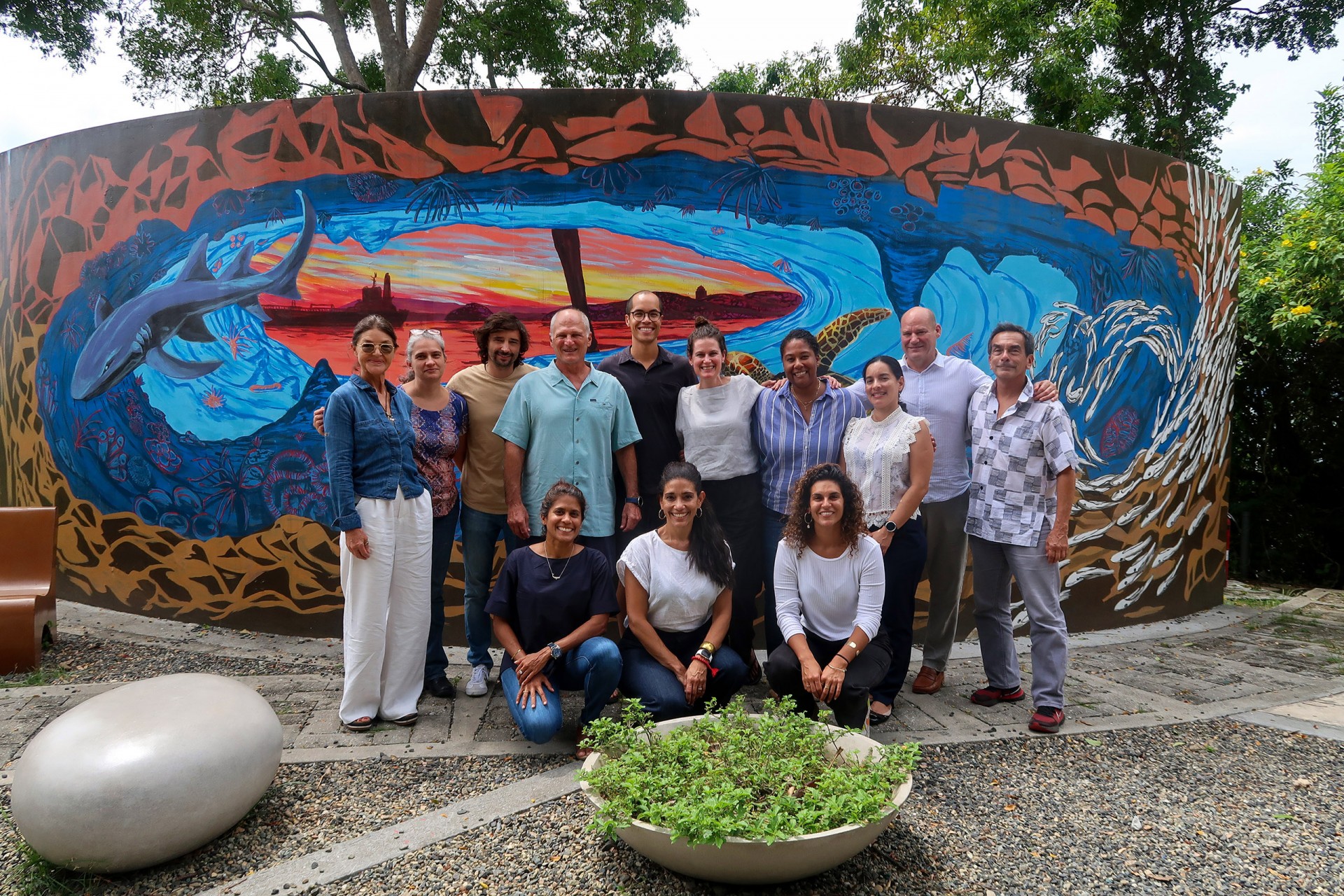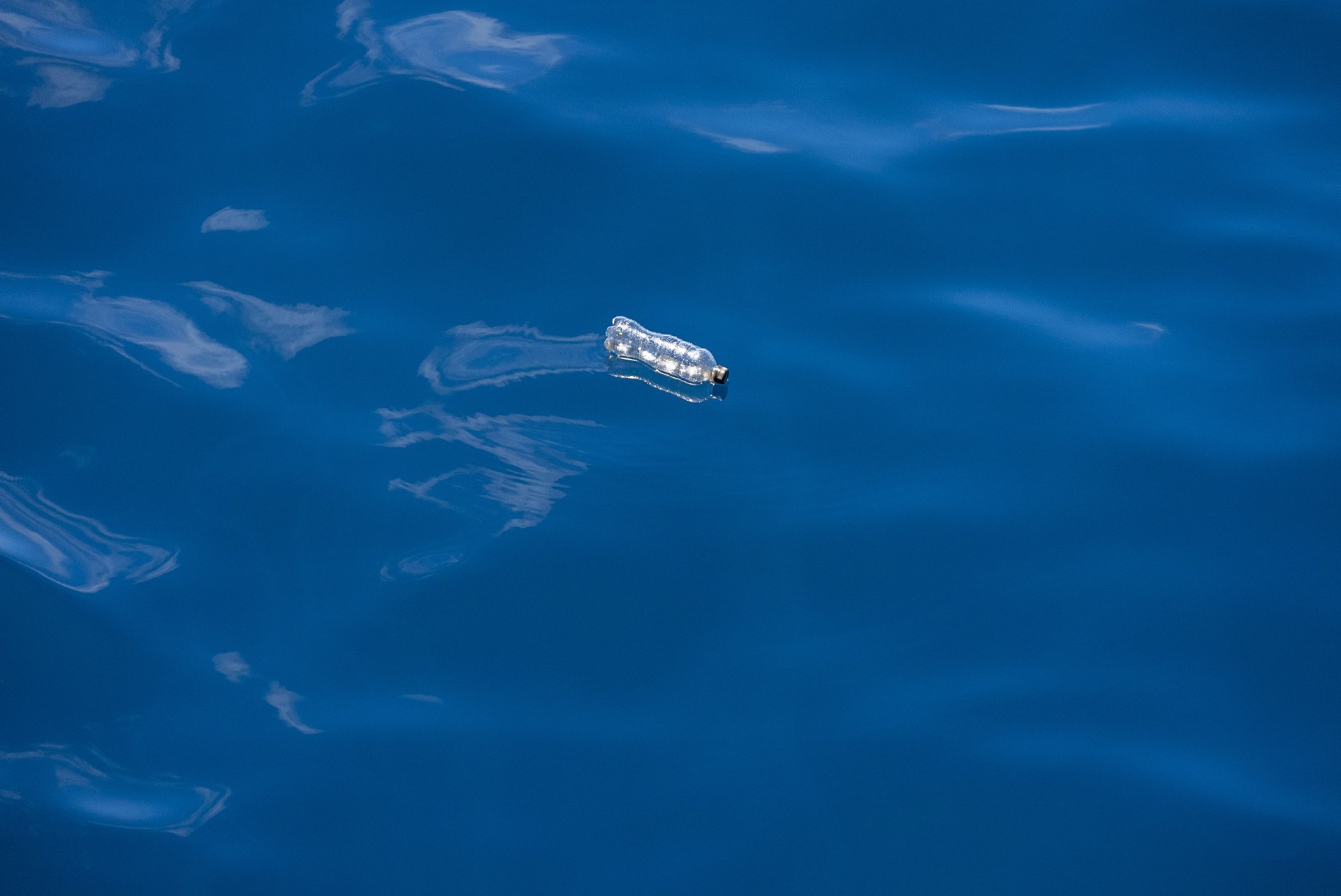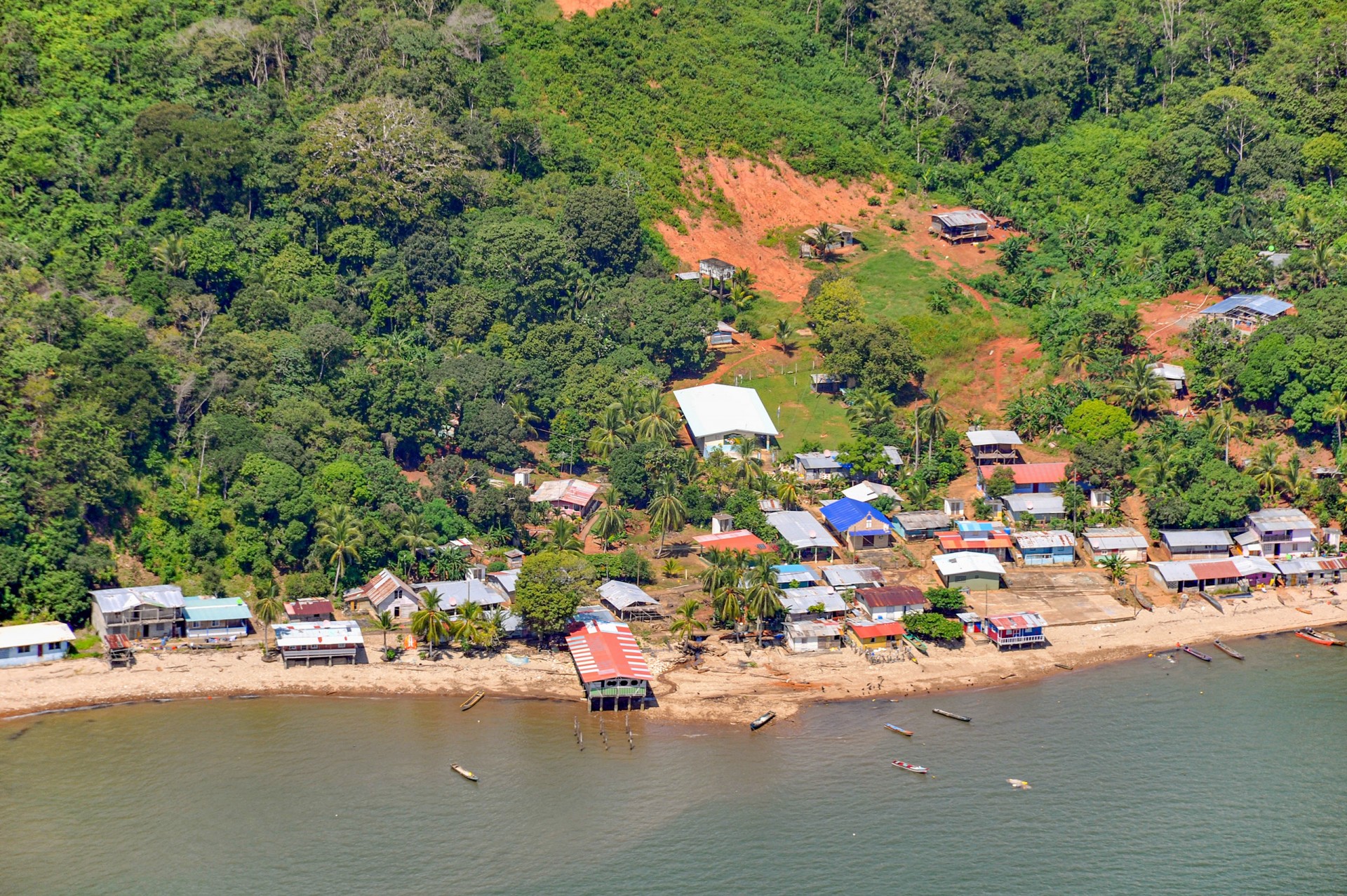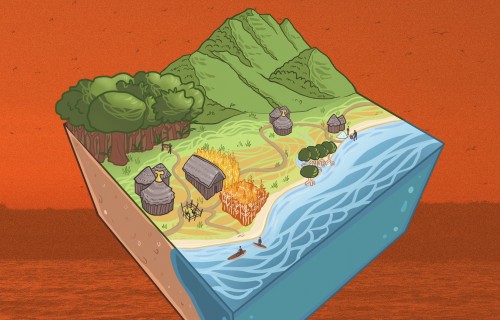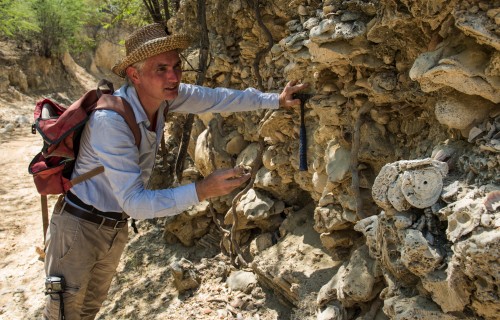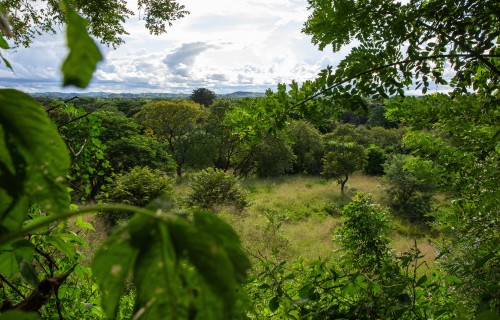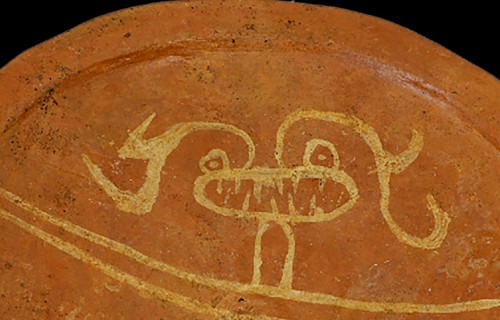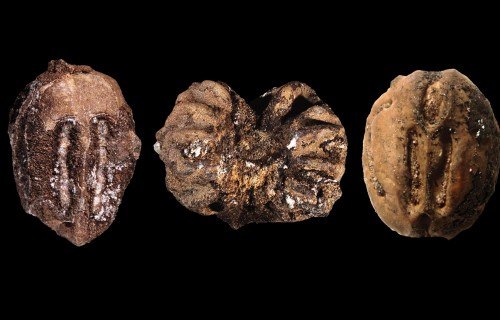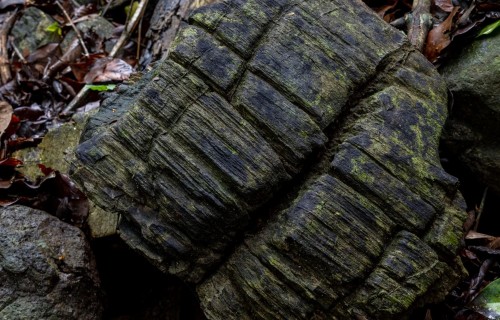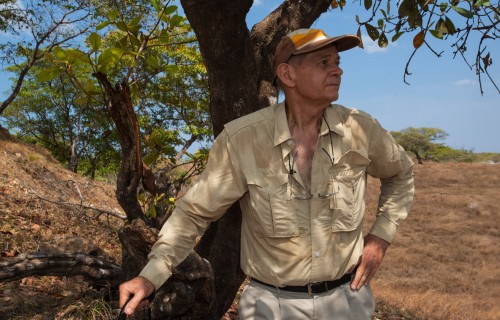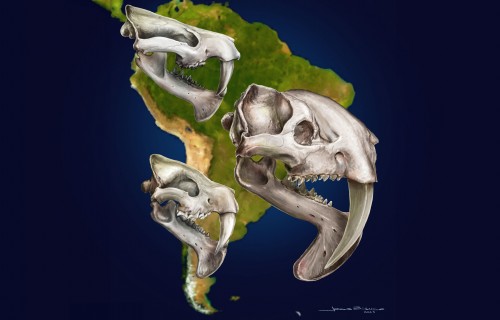Welcome
Ana!
Ana K. Spalding Named Founding
Director of the Adrienne Arsht Community-Based Resilience Solutions Initiative
Text by Beth King
As the first marine- and coastal- policy expert to join STRI’s marine staff scientists, Panamanian Ana K. Spalding will work with coastal communities to understand what knowledge is needed to foster wellbeing for both oceans and people.
Leaders well-grounded in society and science are needed to build a new vision for marine research: to set inspiring goals for marine conservation based on the human dimension. Ana K. Spalding meets both criteria and has been named the director of a bold new endeavor, the Adrienne Arsht Community-Based Resilience Solutions Initiative. Ana will be based at STRI, where she will run the STRI center for Resilience and Sustainability – the hub of this Smithsonian-wide initiative.
Spalding, currently a Research Associate at both STRI and Coiba Research Station-AIP in Panama, studied international economics at the University of Richmond, has a master’s degree in marine affairs and policy from the University of Miami and a doctorate in environmental studies from the University of California, Santa Cruz. She also worked with the U.S. National Oceanic and Atmospheric Administration’s (NOAA) National Marine Protected Area Center. She comes to STRI from Oregon State University where she is an Associate Professor of Marine and Coastal Policy.
“Her multicultural sensitivity and her expertise in science diplomacy—how science informs policy makers for the greater good—will make her an invaluable member of the STRI staff,” said Joshua Tewksbury, STRI Director.
Participants in a workshop at the Punta Culebra Nature Center, conducted by Ana Spalding, and marine ecologist and assistant professor at Oregon State University, Kirsten Grorud-Colvert, to put together a scientific paper highlighting the needs and goals for the future of ocean conservation. The authors redefine the way we think about science and conservation in order to come up with realistic solutions for the most urgent problems facing our oceans. Credit: Vanessa Crooks, STRI.
Spalding’s work spans many disciplines: She has studied ocean acidification—a result of burning fossil fuels that threatens coral reefs and shellfish populations, the social outcomes of establishing Marine Protected Areas (MPA’s), small-scale fisheries in Panama, plastic pollution, and tourism.
“Few things mean more to me than the ocean,” Ana said in a video about her work at Oregon State, “I grew up in Panama.”
Spalding’s work spans many disciplines: She has studied ocean acidification—a result of burning fossil fuels that threatens coral reefs and shellfish populations, the social outcomes of establishing Marine Protected Areas (MPA’s), small-scale fisheries in Panama, plastic pollution, and tourism.
For years, STRI has been the world’s premier platform for the study of tropical biology, welcoming 1200 local and visiting scientists to work with several dozen full-time staff in Panama and other tropical countries. But the nature of tropical research must change as habitats are destroyed, species go extinct, and the world’s 7 billion people put new pressure on existing resources.
The Smithsonian plans to invest $20 million in a new marine research facility at the Pacific entrance to the Panama Canal and is seeking a research vessel to access Panama’s new, expanded protected areas in both the Pacific and Caribbean. STRI will depend upon Spalding to marshal the best tropical science in support of decision-making and expand service-orientated science to support governance initiatives, the public and our stakeholders.
Ana’s focus on contemporary social issues, her work with communities, and her emphasis on conservation policies and their impacts on people will make unique and important contributions to STRI’s work in the region.
She will also engage with a new generation of thought leaders by mentoring interns, students, and fellows in STRI’s academic programs, and will work with public programs manager, Jimena Pitty, to strengthen K-12 education, ecological literacy and empower community-based action.
Ana’s focus on contemporary social issues, her work with communities, and her emphasis on conservation policies and their impacts on people will make unique and important contributions to STRI’s work in the region.
STRI will depend upon Spalding to marshal the best tropical science in support of decision-making and expand service-orientated science to support governance initiatives, the public and our stakeholders.
The Adrienne Arsht Community-Based Resilience Solutions Initiative is a multi-year program to study tropical resilience and educate the public about the role resilience—the ability to prepare for and respond to global change—plays in shaping the world around us. Program areas will include scaling up of Smithsonian research to restore and rewild natural rainforest communities, encourage more environmentally-conscious fishing practices, and work to understand the risks, triggers and tipping points in tropical forests and reefs.

